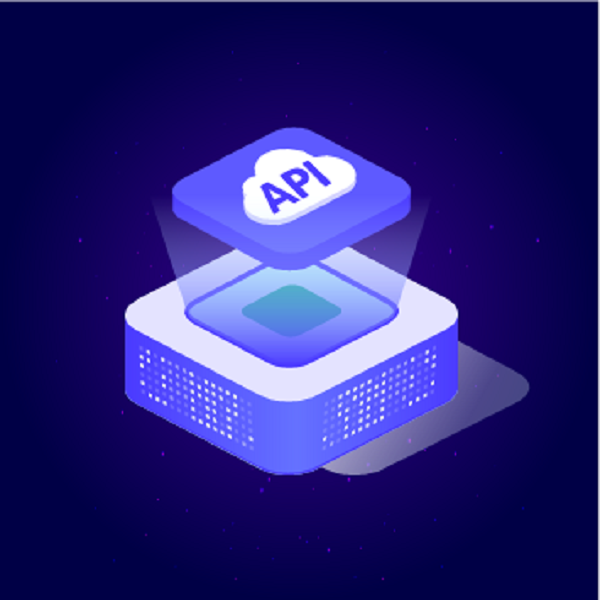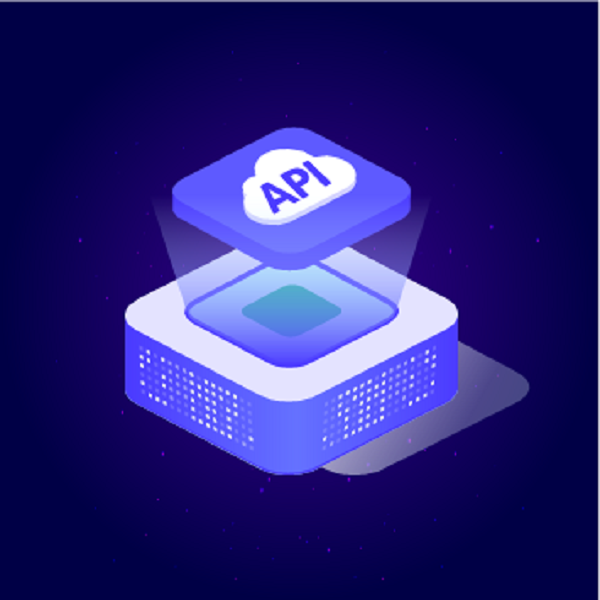Residential Proxies
Allowlisted 200M+ IPs from real ISP. Managed/obtained proxies via dashboard.

Proxies
Residential Proxies
Allowlisted 200M+ IPs from real ISP. Managed/obtained proxies via dashboard.
Residential (Socks5) Proxies
Over 200 million real IPs in 190+ locations,
Unlimited Residential Proxies
Use stable, fast, and furious 700K+ datacenter IPs worldwide.
Static Residential proxies
Long-lasting dedicated proxy, non-rotating residential proxy
Dedicated Datacenter Proxies
Use stable, fast, and furious 700K+ datacenter IPs worldwide.
Mobile Proxies
Dive into a 10M+ ethically-sourced mobile lP pool with 160+ locations and 700+ ASNs.

Web Unblocker
View content as a real user with the help of ABC proxy's dynamic fingerprinting technology.
Proxies
API
Proxy list is generated through an API link and applied to compatible programs after whitelist IP authorization
User+Pass Auth
Create credential freely and use rotating proxies on any device or software without allowlisting IP
Proxy Manager
Manage all proxies using APM interface

Proxies
Residential Proxies
Allowlisted 200M+ IPs from real ISP. Managed/obtained proxies via dashboard.
Starts from
$0.77/ GB
Residential (Socks5) Proxies
Over 200 million real IPs in 190+ locations,
Starts from
$0.045/ IP
Unlimited Residential Proxies
Use stable, fast, and furious 700K+ datacenter IPs worldwide.
Starts from
$79/ Day
Rotating ISP Proxies
ABCProxy's Rotating ISP Proxies guarantee long session time.
Starts from
$0.77/ GB
Static Residential proxies
Long-lasting dedicated proxy, non-rotating residential proxy
Starts from
$5/MONTH
Dedicated Datacenter Proxies
Use stable, fast, and furious 700K+ datacenter IPs worldwide.
Starts from
$4.5/MONTH
Mobile Proxies
Allowlisted 200M+ IPs from real ISP. Managed/obtained proxies via dashboard.
Starts from
$1.2/ GB
Knowledge Base
English
繁體中文
Русский
Indonesia
Português
Español
بالعربية


This article analyzes the core functions and applicable scenarios of free DNS proxy services, compares the performance and privacy policies of mainstream solutions, and helps users choose cost-effective solutions.
The core value of free DNS proxy
DNS proxy replaces the default domain name resolution service to achieve the following functions:
Privacy protection: Hide your real IP address to prevent network operators or third parties from tracking your browsing history.
Access acceleration: optimize the parsing path and increase the website loading speed.
Content filtering: Block ads, malicious websites or adult content.
Bypass geographical restrictions: access websites that are blocked due to regional policies (requires cooperation with specific DNS servers).
Recommended mainstream free DNS proxy services
The following are free DNS proxy solutions that can still be used stably as of 2025 (sorted by recommendation):
1. Cloudflare DNS (1.1.1.1)
IP address: 1.1.1.1 (primary) / 1.0.0.1 (secondary)
Features:
The fastest parsing speed in the world (average response time <10ms).
Strict no-logging policy (GDPR compliant).
Supports DNS-over-HTTPS (DoH) and DNS-over-TLS (DoT).
Applicable scenarios: ordinary users and developers who pursue speed and privacy protection.
2. Google Public DNS (8.8.8.8)
IP address: 8.8.8.8 (primary) / 8.8.4.4 (secondary)
Features:
High stability and global node coverage.
Support DNSSEC verification to prevent DNS hijacking.
Some logs will be used for service optimization (privacy policy should be read carefully).
Applicable scenarios: Enterprises or cross-border businesses that require high reliability.
3. OpenDNS (208.67.222.222)
IP address: 208.67.222.222 (primary) / 208.67.220.220 (secondary)
Features:
Built-in malicious website blocking and family content filtering.
Provide basic threat intelligence analysis.
The free version has a limit on the number of queries (you need to register an account to unlock it).
Applicable scenarios: parental control or enterprise basic security protection.
4. Quad9 (9.9.9.9)
IP address: 9.9.9.9 (primary) / 149.112.112.112 (secondary)
Features:
Real-time integration of blacklist data from multiple security vendors.
Block phishing websites and domain names that spread malware.
Completely free and commercial-free.
Applicable scenarios: individuals or small teams who focus on network security protection.
5. AdGuard DNS (94.140.14.14)
IP address: 94.140.14.14 (primary) / 94.140.15.15 (secondary)
Features:
Powerful ad blocking and tracker blocking.
Supports custom filtering rules (paid version is required to unlock advanced features).
The response speed is medium (suitable for non-gaming scenarios).
Applicable scenarios: Ordinary users who want to reduce advertising interference.
6. Control D (76.76.2.0)
IP address: custom allocation (need to register on the official website)
Features:
The free version provides basic filtering and personalized DNS configuration.
Supports setting rules by device (such as different policies for mobile phones and computers).
Traffic is encrypted and there is no logging.
Applicable scenarios: Technology enthusiasts who need flexible configuration.
Limitations of Free DNS Proxies
Functional limitations: Most free services do not provide advanced features (such as custom domain name redirection and refined traffic analysis).
Rate control: High-frequency queries may be limited or temporarily blocked (e.g. the free version of OpenDNS is limited to 100,000 queries per day).
Node coverage: Free services usually have fewer global nodes than paid plans (such as Cloudflare Pro).
How to choose a suitable DNS proxy?
Privacy first: Choose Cloudflare or Quad9.
Security protection: OpenDNS or Quad9 is better.
Ad blocking: AdGuard DNS is the first choice.
Enterprise-level needs: We recommend trying the free version of Google Public DNS or Control D, and then evaluating whether you need to upgrade to a paid plan.
Configuration Guide (Taking Windows as an example)
Open "Control Panel" → "Network and Internet" → "Network Connections".
Right-click the current network and select "Properties" → "Internet Protocol Version 4 (TCP/IPv4)".
Check "Use the following DNS server addresses" and enter the target IP (such as 1.1.1.1 and 1.0.0.1).
Click "OK" to save the settings and restart the browser to take effect.
If you need higher performance or enterprise-level features (such as load balancing, audit logs), consider paid DNS proxy services (such as Cloudflare Gateway, Cisco Umbrella).
As a professional proxy IP service provider, abcproxy provides a variety of high-quality proxy IP products, including residential proxy, data center proxy, static ISP proxy, Socks5 proxy, unlimited residential proxy, suitable for a variety of application scenarios. If you are looking for a reliable proxy IP service, welcome to visit the abcproxy official website for more details.
Featured Posts
Popular Products
Residential Proxies
Allowlisted 200M+ IPs from real ISP. Managed/obtained proxies via dashboard.
Residential (Socks5) Proxies
Over 200 million real IPs in 190+ locations,
Unlimited Residential Proxies
Use stable, fast, and furious 700K+ datacenter IPs worldwide.
Rotating ISP Proxies
ABCProxy's Rotating ISP Proxies guarantee long session time.
Residential (Socks5) Proxies
Long-lasting dedicated proxy, non-rotating residential proxy
Dedicated Datacenter Proxies
Use stable, fast, and furious 700K+ datacenter IPs worldwide.
Web Unblocker
View content as a real user with the help of ABC proxy's dynamic fingerprinting technology.
Related articles

How do Private Proxy and Wingate improve my network efficiency
This article discusses how Private Proxy and Wingate work together to improve network efficiency, analyzes their technical principles and abcproxy's adaptation solutions, and provides optimization ideas for enterprises and individual users.

How does Instagram IP Address affect account security
What is the relationship between Instagram IP Address and account security? How can proxy IP help optimize operations? This article analyzes the impact of IP address on Instagram and explores abcproxy's solution.